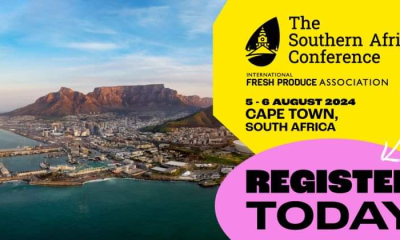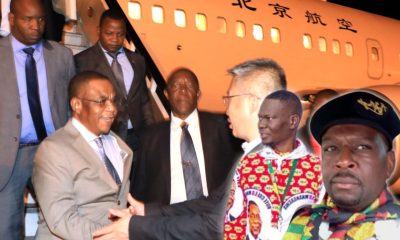In a landmark parliamentary session, South Africa witnessed a transformative political event as the African National Congress (ANC), which has ruled since the end of apartheid in 1994, lost its absolute majority. This shift necessitated the formation of a coalition government, compelling the ANC to collaborate with former political opponents.
Key Developments:
- Coalition Formation:
- After days of intense negotiations, President Cyril Ramaphosa finalized a coalition government deal. The ANC now governs alongside the Democratic Alliance (DA) and the Inkatha Freedom Party (IFP).
- The Economic Freedom Fighters (EFF) declined to join the coalition, maintaining a stance of strong opposition (Africanews).
- Challenges Ahead:
- The new coalition faces the complex task of bridging ideological differences. The ANC, traditionally a centrist-left party, must now work with the centrist-right DA and the nationalist IFP.
- Key issues include economic recovery, unemployment, poverty, and inequality. The coalition’s ability to address these challenges will be closely scrutinized (Africanews).
- Public Reaction:
- In townships like Botling, citizens expressed hope for change, citing long-standing issues such as inadequate infrastructure, water shortages, and frequent power cuts.
- Former President Jacob Zuma’s new party, MK, gained 58 seats but boycotted the parliamentary session, alleging electoral fraud (Africanews).
Expert Opinions:
- Pauline Bax, Africa Program Deputy Director at the International Crisis Group:
- Pauline highlighted that South Africa has had coalition experiences before but emphasized the significance of the current coalition’s composition and the challenges it presents.
- Lukhona Mnguni, CEO of the Thuli Madonsela Foundation:
- Lukhona noted the importance of consensus among the coalition partners for national interest and governance stability. He emphasized the ANC’s dominant position despite its reduced majority.
- Ongama Mtimka, Lecturer and Political Analyst at Nelson Mandela University:
- Ongama pointed out the ideological realignment within the ANC and the broader political landscape. He stressed the potential for institutional rebuilding and the impact of new alliances on policy direction.
Foreign Policy Implications:
- The ANC has reiterated its commitment to its traditional foreign policy stances, including support for Palestine. The coalition government is expected to uphold these positions, reflecting South Africa’s constitutional values (Africanews).
South Africa stands at a critical juncture as the ANC navigates its first coalition government. The success of this coalition will depend on its ability to effectively address pressing national issues and maintain political stability. As the country moves forward, the coalition’s performance will be pivotal in shaping South Africa’s democratic future.












Warning: Undefined variable $user_ID in /home/iniafrica/public_html/wp-content/themes/zox-news/comments.php on line 49
You must be logged in to post a comment Login